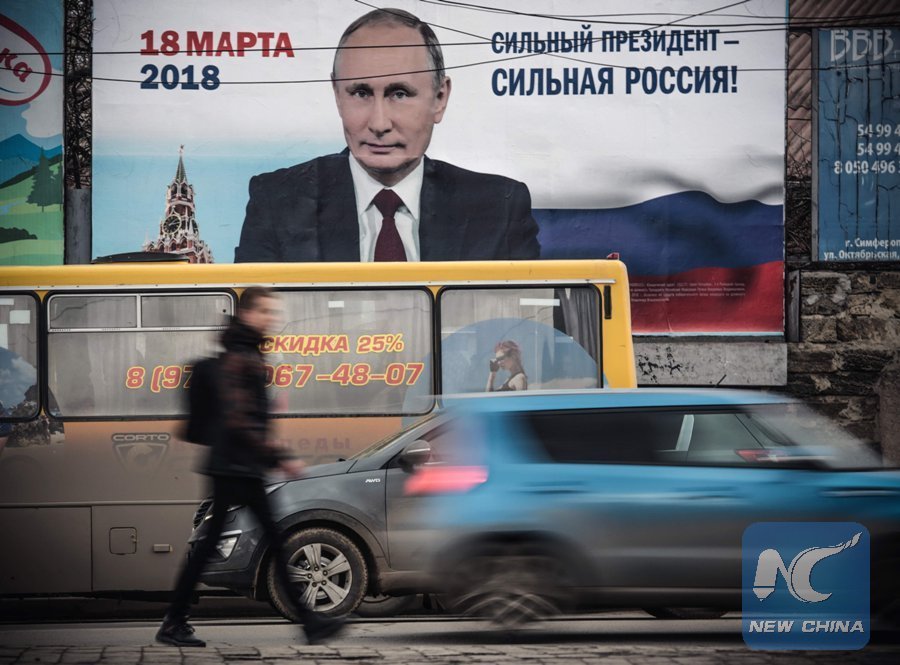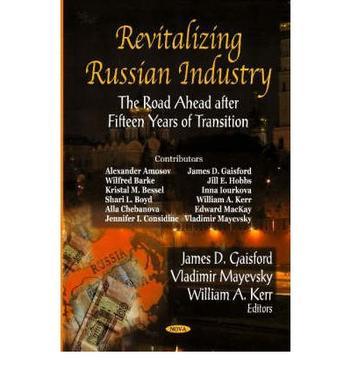Exploring the Legacy of Wikipedia Peter the Great: The Transformative Reign of Russia's Visionary Tsar
#### IntroductionPeter the Great, known in Russian as Pyotr Veliky, is one of the most significant figures in Russian history, and his reign marked a turnin……
#### Introduction
Peter the Great, known in Russian as Pyotr Veliky, is one of the most significant figures in Russian history, and his reign marked a turning point for the nation. His efforts to modernize Russia and expand its territory laid the groundwork for its emergence as a major European power. This article explores the multifaceted legacy of Wikipedia Peter the Great, delving into his reforms, military campaigns, and the cultural shifts that defined his era.
#### The Early Life of Peter the Great
Born on June 9, 1672, Peter was the son of Tsar Alexis I. He grew up during a time of political instability and social upheaval. His early exposure to Western culture, particularly during his travels to Europe, profoundly influenced his vision for Russia. He recognized the need for modernization and sought to reform the military, government, and society to align with Western standards.
#### Reforms and Modernization

One of the most notable aspects of Peter the Great's reign was his ambitious reform agenda. He aimed to transform Russia from a largely agrarian society into a modern state. His reforms included:
1. **Military Reforms**: Peter understood that a strong military was essential for a powerful nation. He reorganized the army along modern lines, introducing new training methods and technologies. The establishment of the Russian Navy was a significant achievement, enabling Russia to engage in maritime warfare and expand its influence.
2. **Administrative Changes**: To improve governance, Peter restructured the Russian government by creating a more centralized bureaucracy. He introduced the Table of Ranks, which allowed individuals to gain positions of power based on merit rather than noble birth, promoting a new class of officials.
3. **Cultural Shifts**: Peter encouraged Westernization by promoting education and the sciences. He founded the Russian Academy of Sciences and established schools to teach subjects such as mathematics, navigation, and engineering. He also introduced Western customs and practices, including changes in dress and social etiquette.

#### Territorial Expansion
Peter the Great's reign was marked by significant territorial expansion. His military campaigns against Sweden during the Great Northern War (1700-1721) were pivotal in securing Russia's status as a great power. The victory at the Battle of Poltava in 1709 was a turning point, leading to the eventual signing of the Treaty of Nystad in 1721, which granted Russia control over key territories in the Baltic region.
#### The Founding of St. Petersburg
In 1703, Peter founded the city of St. Petersburg, which would become the new capital of Russia. He envisioned it as a "window to the West," symbolizing Russia's new direction and its aspirations to be part of European civilization. The city's construction was a monumental task, involving thousands of workers and the draining of marshlands. St. Petersburg remains a testament to Peter's vision and ambition.

#### Legacy and Conclusion
Peter the Great's legacy is complex and multifaceted. While he is celebrated for his transformative reforms and military successes, his methods were often harsh and authoritarian. His reign set the stage for future leaders to continue the process of modernization, and his impact is still felt in contemporary Russia. Wikipedia Peter the Great serves as a valuable resource for understanding the life and times of this remarkable tsar, highlighting both his achievements and the controversies surrounding his rule.
In conclusion, Peter the Great's reign was a defining period in Russian history. His efforts to modernize the nation, expand its borders, and foster a new cultural identity reshaped Russia and positioned it as a significant player on the European stage. His legacy continues to be studied and debated, reflecting the complexities of his character and the era he influenced.